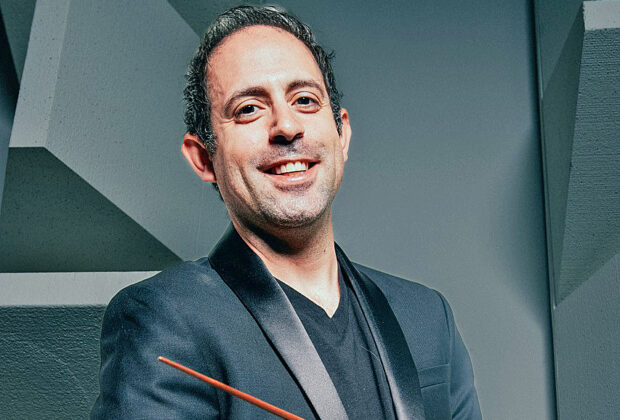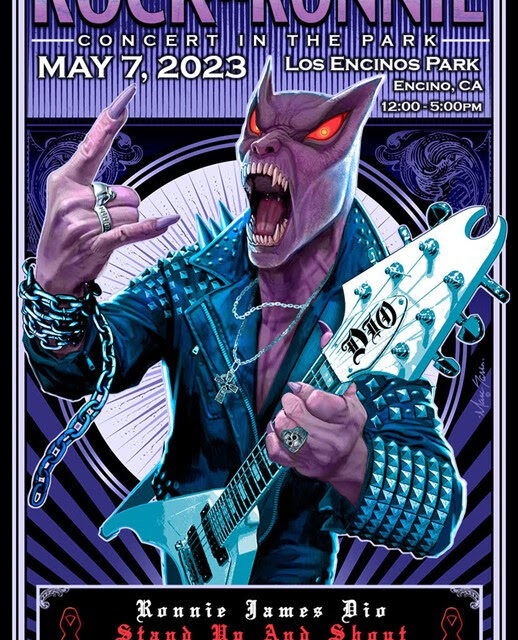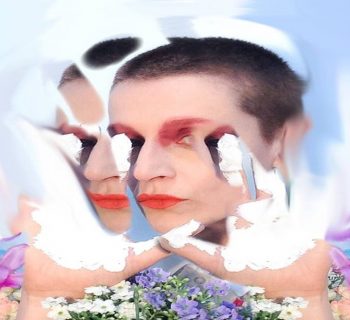Creative Grit
For two-time GRAMMY® and multiple award-winning musician-engineer-composer-songwriter Nadeem Majdalany, music was a passion before he knew how to play an instrument. “I could plunk out what I wanted, match the pitch where it was, then figured out reading the staff on my own,” he says. At age eight, he began formal training with Colin Mack, who taught him piano, theory, and composition, and began shaping him as a musician. Between pitch writing, scoring movies to Director specifications, writing songs for placement and inspired from his own life, and compositional works, Majdalany has never been one to take ‘no’ for an answer and represents the epitome of creating his own opportunities.
His first commission was for the Athens Symphony at just 19 years old while studying at Berklee. Overhearing a conversation in the hallway mentioning that the artistic director and maestro were looking for a new rehearsal conductor (and with no one willing to write him a recommendation, saying he was too young), Majdalany submitted a VHS demo (conducting musical theatre) with just a cover letter. He was accepted with the feedback that “We know you don’t have any recommendation letters. You must be really good because that means you’ve already started upsetting people.” Majdalany says that these words would ring even more true over the years, and that the experience in Greece shaped his conducting. “I was being complimented by orchestral members that the energy I give is very inspiring [and] helps them play better. I always try to put that energy into things.” The Artistic Director commissioned him to create an orchestral piece during his tenure (“Gloria Et In Terra Pax”).
While still in school in Boston and flying back and forth to Greece, he scored his first feature film (Hopeless) in 2010, which brought him to Los Angeles. Later contracted for three separate films— none of which moved into production— Majdalany says he always makes sure to get a deposit upfront for all of his work.
The move to Los Angeles was not easy and there were challenging times— including a stint as a jazz pianist at three separate clubs (before finding himself replaced by deejays). Looking back, he says, “there’s a downfall but, to rise up again, you have to have the light and dark. Life is being strong enough to cut people out from your life entirely: it takes a lot not to play the game. I think the biggest thing you could do is be okay with who you are.”
Starting out, Majdalany had a broken laptop and an Oxygen 8 keyboard with two missing keys. Needing a desk, he stole a milk create from Walgreens and a piece of plywood from a back alley. He worked that way for three years. “It didn’t stop me from making music,” he says. “You make use of the tools you have. If you can’t afford a $2,000 mixer, don’t put yourself in the poorhouse trying to make something.” Majdalany is also quick to stress the importance of work ethic. “We’re great excuse-making machines,” he says. “Whether you’re too hungover, too tired, or too sick, there’s always something that’s going to make you not want to do that thing, which means that you just genuinely don’t want to do it. Get off the bench and move over for someone else.”
Good music balances light and dark, and delivers honesty in the melody and lyrics, Majdalany shares. To keep himself honest, he writes his newest ideas using a pen and paper, explaining that the physical connection represents energy leaving the brain and sending an impulse of an idea, which is lost in translation when using a keyboard.
Best known for his album Phoenix of Atlantis, placements on FOX, MTV/ MTV2, OWN, HBO, NBC, and instrumental contributions on two GRAMMY®- winning albums, new films, American Suicide Mass Murders and Waterpot are coming soon, with a conductor tour towards the end of 2024. Majdalany is also working with the Art Heals Foundation highlighting their artist community in his performance series, Pandora’s Box.
For more information, visit nadeemmajdalany.com














